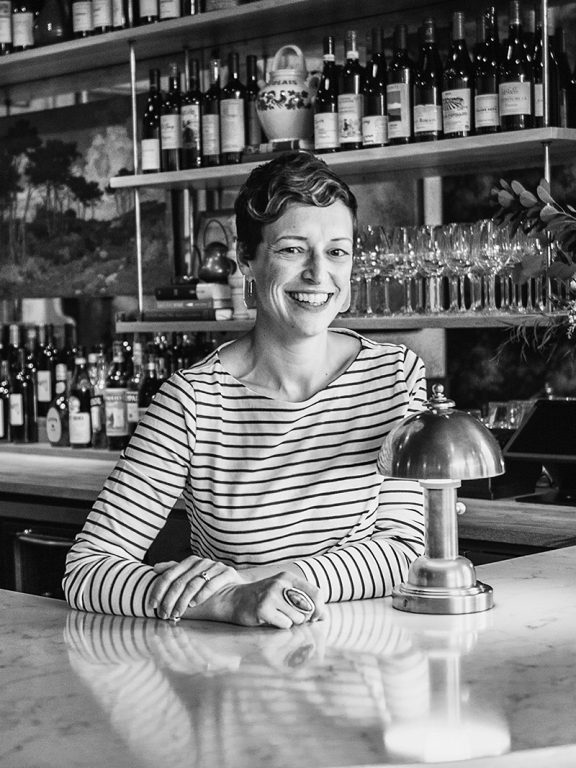As someone who works on the import and wholesale side of the business, I have a somewhat fraught relationship with scores. Many of the wines I’m responsible for buying and selling are made by people with whom I have close personal relationships. I have witnessed firsthand the tremendous amount of hard work, passion, and ingenuity that goes into producing every single bottle, and I emphatically reject the notion that any person, even a well-credentialed one, should be allowed to assign an absolute value to the product of their labor based on 30 seconds of swirling, sniffing, tasting, and spitting.
When the wines in my portfolio go unnoticed or unloved by the major media outlets, it’s very easy to stand shoulder to shoulder with the farmers and artisans as we rail against the pernicious influence of the men and women in the ivory tower, these so-called experts whose 89-point indictments are no more deserving of our attention than the fulminations of Yelpers.
But what about when one of my winemakers’ wines is the beneficiary of a rave review? What to do with my righteous indignation then?

Don’t miss the latest drinks industry news and insights. Sign up for our award-winning newsletters and get insider intel, resources, and trends delivered to your inbox every week.
Despite the many compelling arguments against the usefulness of the 100-point system, there is no question that scores do still matter. I see evidence of their influence every single day. Recently in The Wine Advocate, a Greek wine that I represent was awarded 92 points. Within minutes, demand for the wine surged to levels never before seen for any of the previous vintages of that wine. I have reams of historical sales data that show unequivocally that the difference between an 89-point rating and a 90-point rating can mean hundreds of cases and many thousands of dollars in sales.
So scores definitely matter. Perhaps the better question is: Why? And for whom?
For many people, wine is an aspirational beverage. Wine connoisseurship, like conversational French or, in past generations, the ability to quote the major poets, is seen as a marker of sophistication and breeding. Numeric scores and the tasting notes that accompany them offer, if not a shortcut to connoisseurship, at least a salve for the feelings of self-doubt that can bubble up around the process of selecting and buying wine. There will always be money to be made in helping people feel more comfortable and confident about the things on which they spend their money.
Which brings us, at last, to the Internet.
People are spending more money on a wider variety of products than ever before from the comfort and privacy of their homes and offices, and wine is no exception. When the human interaction that occurs in brick-and-mortar retail stores is removed, scores can play an even bigger role in what people choose to buy. My inbox has never been so inundated with email offers with subject lines like “95-point Tuscan STUNNER” and “93 points for $13.99? You gotta be KIDDING me!”
These types of emails annoy me, and the race-to-the-bottom pricing strategies of some online merchants are deplorable and can do real damage to some wineries’ business prospects. But I also don’t think we’re heading towards an e-commerce apocalypse on the order of what we’ve seen with book and record stores. In fact, independent wine stores, with eclectic selections staffed by knowledgeable and passionate people, seem to be thriving. And many of them are supplementing their walk-in businesses with their own successful online platforms, even if they’re not using the “points-per-dollar” come-ons of their competitors.
The good news is that there are now more ways than ever to participate in the wine marketplace, and that is creating opportunities for success for a host of different types of wines. As long as there are dedicated merchants who are willing to put in the time and effort it takes to select and sell a selection of wines the old-fashioned way—by tasting and talking and learning and teaching—I will always be able to find a good home for my runty little 89-pointers.
Andrew Mulligan manages the Spanish, Greek, Portuguese, and cider portfolios for Skurnik Wines, a major importer and distributor in New York City. He lives in Brooklyn with his fiancée, Christina.









